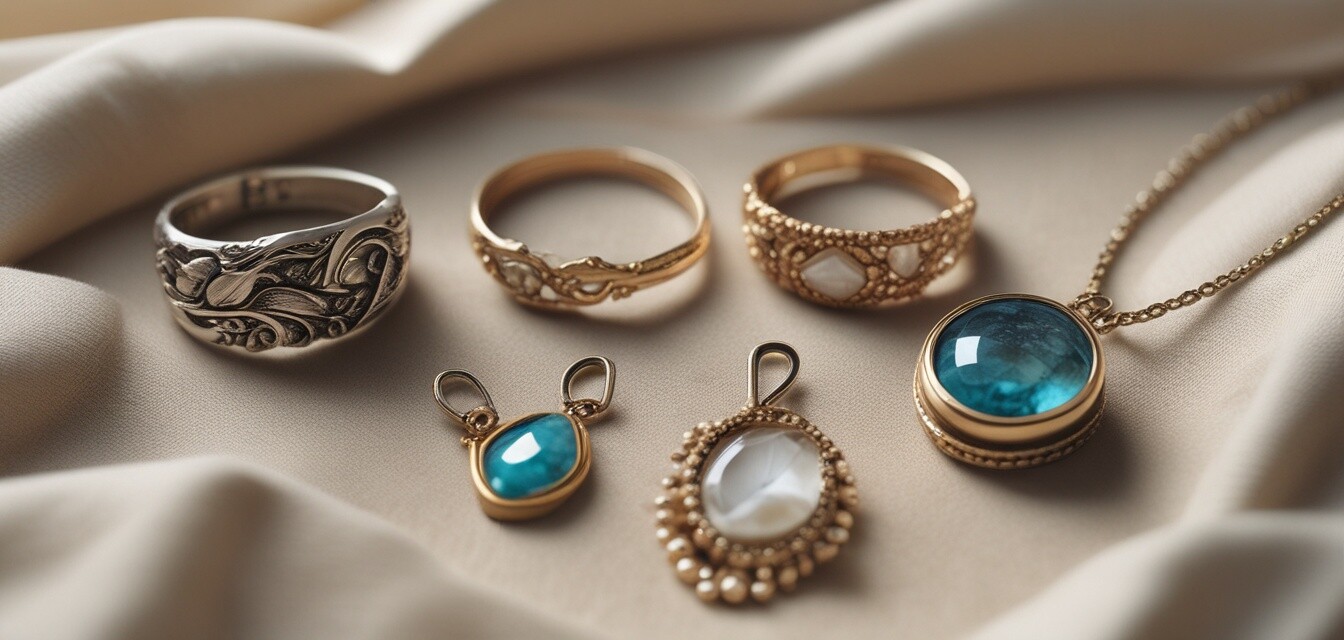
The role of jewelry in disaster relief efforts
Key takeaways
- Many jewelry brands contribute a portion of their sales to disaster relief.
- Understanding the impact of purchasing ethical jewelry can help communities recover.
- Supporting artisans improves local economies and mitigates disaster effects.
- Transparency in sourcing materials is vital for true ethical engagement.
- Jewelry can be a powerful symbol of hope and resilience in difficult times.
People often think of jewelry as a luxury item, but it plays a significant role in humanitarian efforts around the world. Many brands are committed to donating a portion of their sales to help communities affected by disasters. This article explores how jewelry sales contribute to disaster relief efforts, the impact of buying ethical pieces, and how these initiatives can lead to lasting change.
How jewelry sales contribute to disaster relief
When you purchase jewelry, you may inadvertently participate in disaster relief initiatives. Here’s how:
| Method | Description |
|---|---|
| Charity Partnerships | Some brands partner with charities and donate a portion of profits directly to disaster relief efforts. |
| Awareness Campaigns | Jewelry companies may run campaigns to raise awareness about specific disasters and offer donations for every purchase made. |
| Crafting with Purpose | Artisans often create jewelry pieces that reflect cultural significance, with sales directed to affected communities for recovery. |
Impact on communities
Buying ethical jewelry can profoundly affect communities recovering from disasters. Here’s how:
- Funding Recovery: Sales can generate funds that assist in rebuilding infrastructure and communities.
- Empowering Artisans: Supporting local artisans helps create jobs and strengthens local economies.
- Cultural Preservation: Craftsmanship can be a form of cultural expression, essential for community identity during recovery.
Examples of ethical jewelry brands
When considering jewelry purchases, it can be beneficial to understand which brands truly prioritize sustainability and humanitarian efforts. Here are some factors to consider:
| Brand | Initiatives | Transparency |
|---|---|---|
| Brand A | Provides 20% of sales to disaster relief | Clear information on their website |
| Brand B | Collaborates with local NGOs | Shares stories of community impact |
| Brand C | Develops jobs in affected areas | Offers certifications for sourcing |
Knowing your purchase
It’s important to be informed about the brands you support. Look for:
Beginners tips for buying ethical jewelry
- Research brands before purchasing to ensure they are genuine in their commitments.
- Look for certifications that indicate ethical sourcing.
- Follow brands on social media for updates on their humanitarian efforts.
- Ask questions about their initiatives and how proceeds are used.
Supporting artisans and communities
Buying jewelry not only serves as a personal investment but also aids in supporting artisans who have been impacted by disaster. Here’s a deeper look into this collaboration:
Pros
- Fosters community resilience and rebuilding
- Encourages sustainable practices in the jewelry industry
- Helps preserve cultural heritage through craftsmanship
Cons
- Some brands may exaggerate claims of ethical sourcing
- Higher prices for ethically produced jewelry
Final thoughts
Jewelry does more than adorn; it can be a beacon of hope and support for communities in peril. By choosing to purchase from brands that commit to disaster relief, you can contribute to meaningful change in the lives of many. This sector holds remarkable potential to uplift, rebuild, and create a brighter future for those affected by disaster, and every piece of jewelry purchased can reflect this mission. For more insights on ethical jewelry, check out our articles on Buying Guides or explore the importance of community impact in Sustainability Practices.